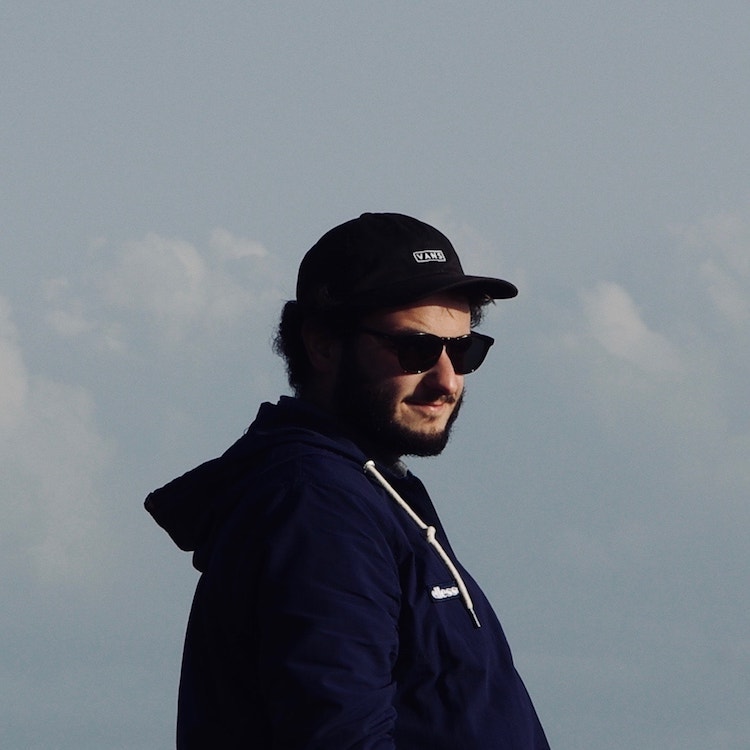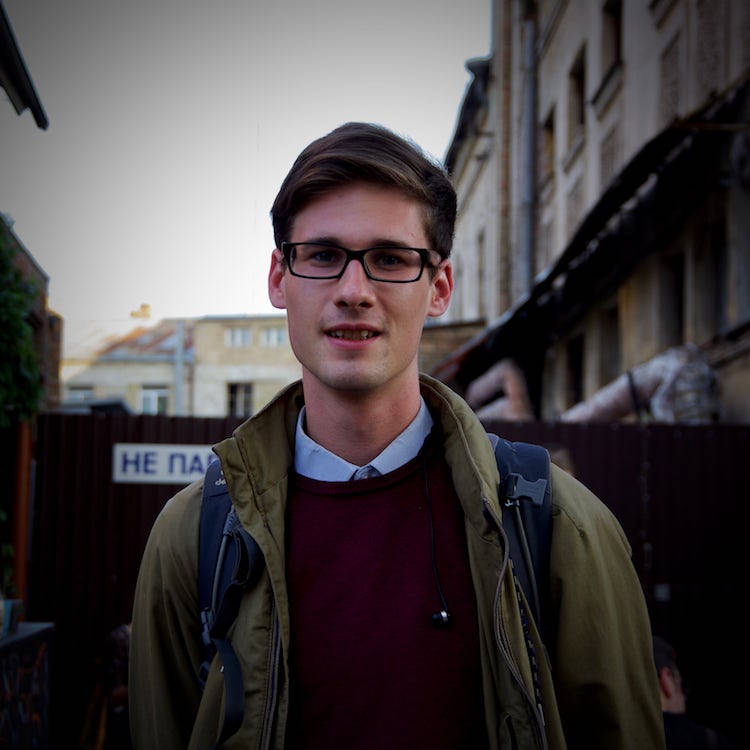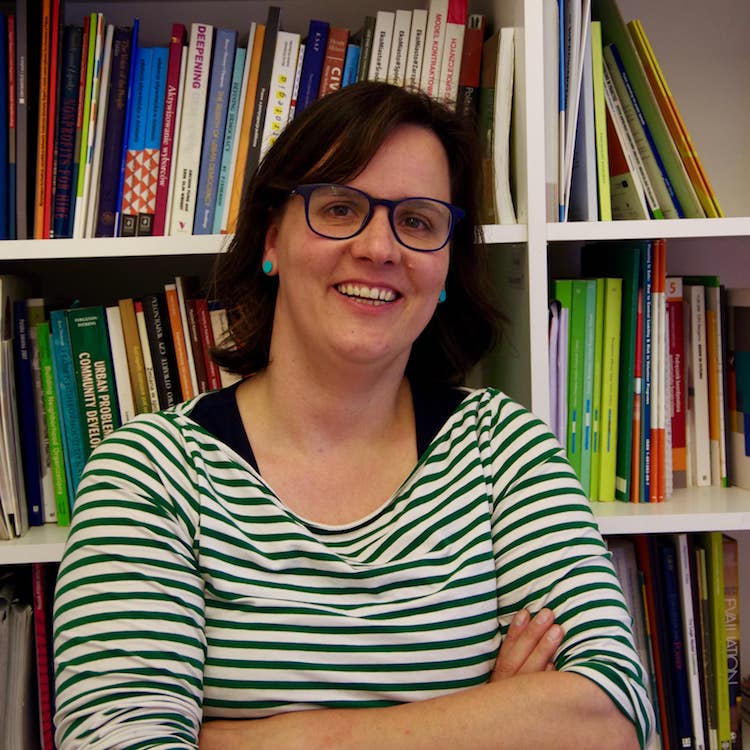A European tour of the ordinary “heroes” of solidarity economy
Published 6 March 2018 by Annick Rivoire
Thomas Tichadou went to meet Europeans committed to local social and solidarity initiatives. After five months and nine countries visited, We Can Be Heroes is the website that gives an account of his experience.
For each season its lab-trotteurs. Makery regularly receives enthusiastic emails from young people not yet on the labor market who ask to relay or finance their trip in preparation somewhere in the fabulous world of fablabs and makers. The message that Thomas Tichadou had sent us was different since he had already finished his European tour, totally self-funded, and only asked to talk about his studious travelling experience to publicize his project We Can Be Heroes.

Thomas travelled from July to November 2017, organizing his itinerary according to encounters and feedback from contacts he took with the people he called “heroes”, actors of change who stepped out of anonymity thanks to his little tour of Europe. We Can Be Heroes is the result of his peregrinations, long-term interviews he carried out entirely and put online: from the logo to the map including the photos and the website, he did everything. His idea? Being at odds with speeches of the “start-up nation”, a little too formatted to his liking, and meeting people who, like him, do not necessarily seek to forge a career, but rather devote their energies towards “citizen commitment and social innovation” without doing too much on the buzz side.
Introspection, commitment and motivation
Since he graduated from Sciences Po Lyon in 2016, Thomas Tichadou, 25, spent six months as a civil servant at the local currency in Lyon, “la gonette”, where he took an interest in these bottom-up projects and initiatives that are game-changers. We Can Be Heroes was also for him “an introspective trip,” to “find out what I wanted to do, and in each town I visited, meet local structures, ask the questions I ask myself and that I don’t find in portraits and reports” on the social and solidarity economy such as “governance or more personal elements concerning commitment and motivation.”
Having travelled across nine countries, Thomas Tichadou carried out fourteen interviews that he is progressively distilling (seven have already been posted on the website, seven others will be mid-April), seven men and seven women—parity is a happy coincidence, he says. These citizens, actors of change on a micro-scale, paint a portrait of another Europe. The Polish political specialist Zofia Komorowska who leads the social innovation association Stocznia and who, for example, developed the application Lets Fix It, on the model of Fix My Street, “allowing citizens to forewarn the authorities in case a problem occurs in the public space: it can be a malfunction, a discourtesy or still urban furniture in poor condition,” she explains to Thomas. Also Sviat Popov, 22, a Ukranian who contributes to the solidarity restaurant Urban Space 500, in Kiev, “funded by the citizens, where 80% of the profits are allocated to social impact projects.”

Bringing about major changes is possible
Integration of migrants in Berlin, fablab in Budapest, social cooperative in Italy of clothing salvage, squatting of an abandoned cinema to turn it into a citizen and cultural lab… The initiatives are diverse, as are the leaders of these projects—neither all young, nor all politicized… They materialize what Thomas calls “the non-profile of the entrepreneur”. These ordinary heroes “break the image of the superhero”. They reveal that bringing about major changes is possible: “These people do lots of things and manage to set up their projects by surrounding themselves collectively. If it could give keys to people who have these kind of wishes…,” says Thomas.

His approach, very DIY, follows the pattern of these European actors of the means at hand and solidarity economy on a human scale. He in fact says he “built this trip step by step”: “I started up the project, I am waiting to see how it gets going, I am contemplating the creation of workshops on social innovation and citizen commitment. In any case, I will remain in the collaborative and solidarity economy and continue to meet people.”
Discover We Can Be Heroes and follow the new publications on Facebook
